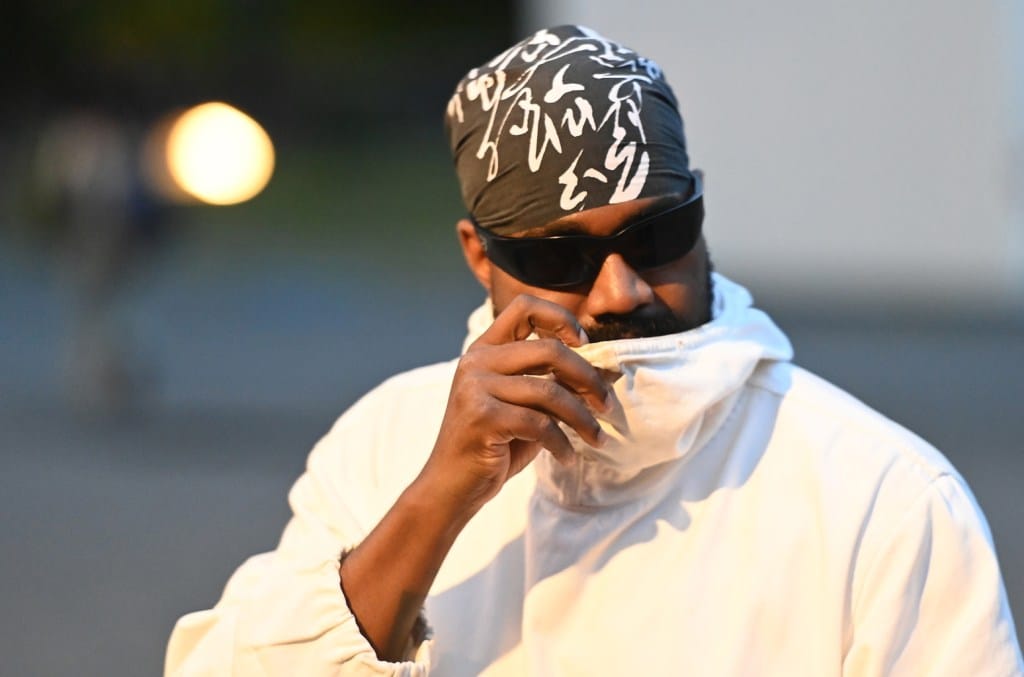Legal War Between Sony Music & Ultra Music Publishing Escalates With Clash Over Copyrights
Written by djfrosty on February 19, 2025

Sony Music Entertainment is asking a judge to throw out a lawsuit brought against the company by Patrick Moxey‘s Ultra International Music Publishing late last year, claiming the suit was an act of “retaliation” against the major label after it filed its own lawsuit against the publishing outfit two years prior.
Ultra International Music Publishing and Ultra Music Publishing Europe brought the lawsuit against Sony Music Entertainment and its subsidiaries — including Ultra Records, which Moxey sold his remaining 50% share of to Sony in 2021 — last November over allegations of copyright infringement, claiming Sony and its affiliates had been using Ultra Publishing’s compositions without a license. Filed in New York federal court, the complaint alleged that Ultra Publishing had conducted an audit finding that Sony had been underpaying royalties to the publisher and its songwriters “for years” — but that after bringing the results of the audit to Sony’s attention, the major label “failed” and “refuse[d]” to pay Ultra Publishing the royalties it was due.
Ultra Publishing claimed that after Sony’s alleged refusal, it ceased granting the music giant licenses to the company’s compositions, but that Sony nonetheless continued uploading tracks featuring Ultra Publishing-owned compositions to streaming services and selling them as digital downloads and physical releases, among other exploitations. The lawsuit concerned more than 50,000 compositions by artists including Ed Sheeran, Madonna, Rihanna and others.
Trending on Billboard
In its response, filed on Monday (Feb. 17) by attorney Tal Dickstein, Sony Music called the lawsuit “an ill-conceived effort by Plaintiffs — two music publishing companies owned by Patrick Moxey — to retaliate against” Sony Music for an earlier lawsuit it filed against Ultra Publishing for the continued use of the Ultra name. In that complaint, filed in November 2022, Sony attested that Moxey had signed away his rights to the Ultra trademark after selling the company his remaining stake in Ultra Records, which he founded in 1995.
Sony claims Ultra Publishing attempted to justify the “nefarious timing” of its own lawsuit — which allegedly dropped the day before the trial for the trademark lawsuit began — “by claiming this lawsuit stems from an audit of the music publishing royalties that Sony Music Entertainment paid to Plaintiffs.” However, Sony alleges that the audit in question, “which involved payments made by Sony Music Entertainment to Plaintiffs through 2016,” was in fact “settled in principle years ago for a small fraction of the amount claimed, and Plaintiffs never pursued those audit claims any further.”
Sony’s filing goes on to say that it and Ultra Publishing “continued working together after the audit was settled, with Sony Music Entertainment paying publishing royalties on the musical compositions that were the subject of the audit without objection from Plaintiffs, and working to license and pay the corresponding publishing royalties for well over a thousand other compositions owned in whole or in part by Plaintiffs.”
“Sony Music Entertainment’s licensing practices are both appropriate and entirely consistent with the licensing practices of every other leading record label that releases new sound recordings, including record labels that Moxey himself controlled in the past and currently owns,” the filing continues. “Moreover, Plaintiffs’ own songwriters and producers continue to write songs and collaborate with SME artists with the intention and expectation that the resulting sound recordings incorporating the underlying musical compositions will be commercially released — underscoring the obvious question of whether Plaintiffs’ attempted boycott of SME is in their songwriters’ best interest.”
An attorney for Ultra International Music Publishing did not immediately respond to Billboard‘s request for comment.

 State Champ Radio
State Champ Radio 





